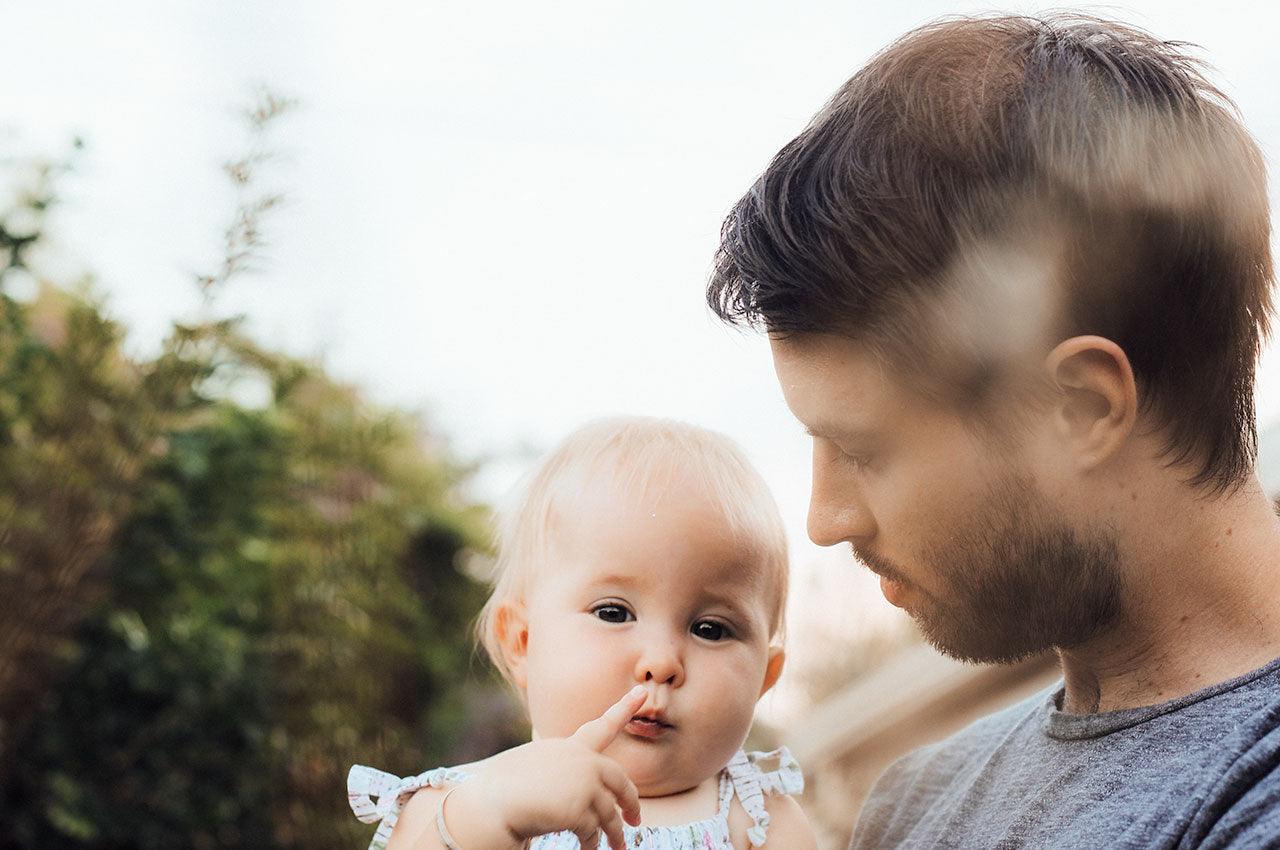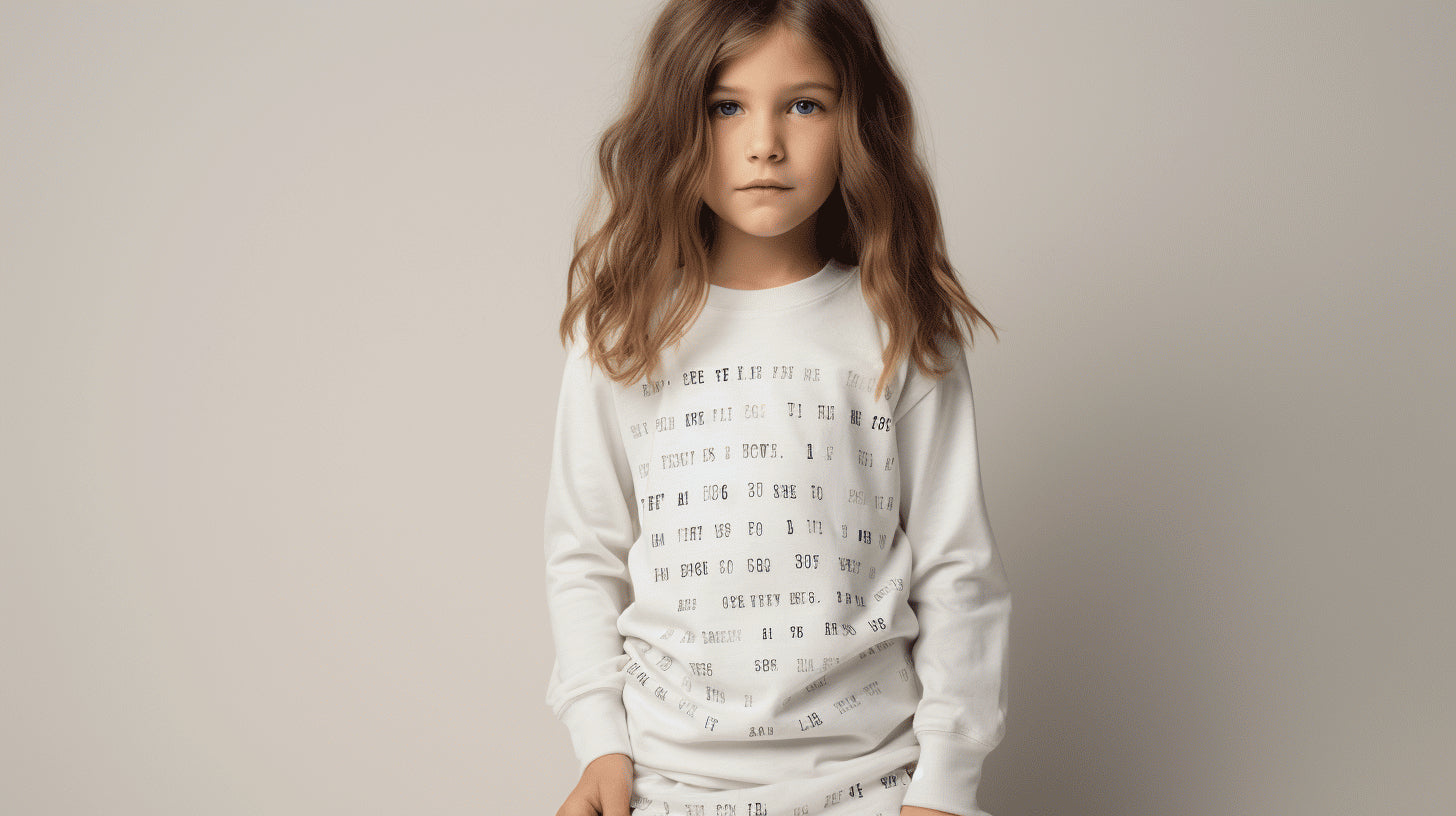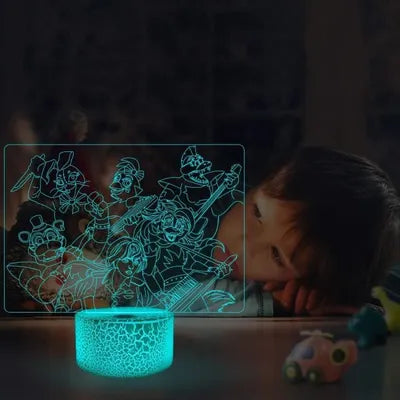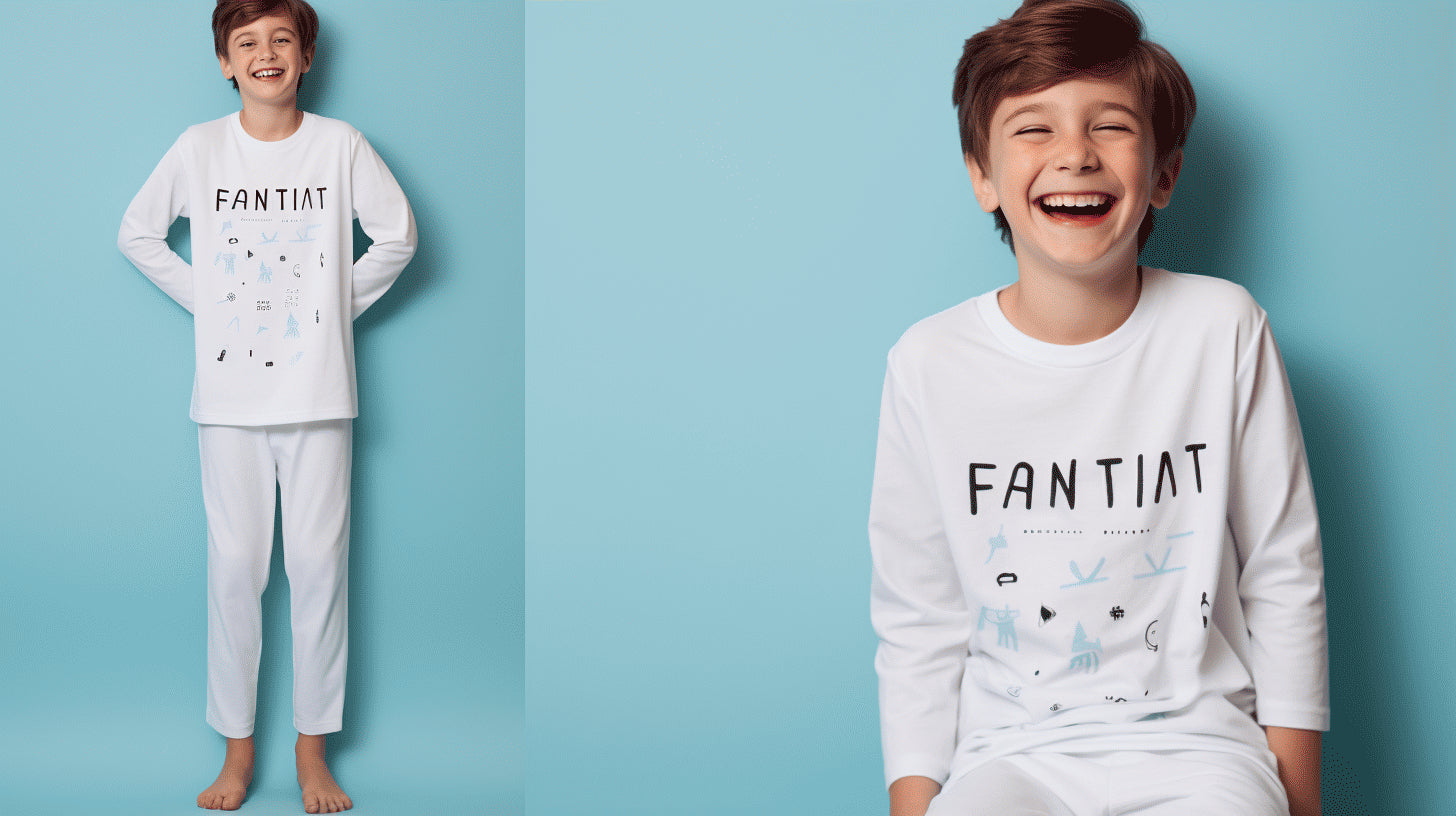Children may not talk much, but they understand a lot more than you think . Here's what you need to know about your child's receptive language skills.
All parents are guilty of talking about their 1 year old in front of them. Who doesn't talk to their partner about the day's activities over dinner or compare kids' temperaments during playgroups? Since young children are around most of the day, it would be next to impossible to keep all of our child talk for naptime or bedtime. And most adults also think they don't understand what we say because toddlers don't talk much. But according to experts. Babies listen to us . And they understand more than you think.
At this time, there is often a big distinction between receptive language and expressive language. Long before other adults realize it, toddlers can easily understand complex communication .
To learn more about what toddlers really understand and how parents can communicate in front of them, keep reading.
When do babies know language?
Around 4.5 months, children begin to remember their name, so even a young baby may pay more attention if you mention it in conversation. Children are masters at reading social cues from 14 months : when we get angry, our voices get louder, our movements more jerky and our breathing quickens. In comparison, we prefer to speak politely and quietly when we are calm, we gesticulate less and we breathe more slowly.
In other words, whatever you say, chances are the underlying message will reach your child. The baby may hear a soft voice if a parent complains that their child has taken off their diaper but they find it cute. If she is angry, he will also pick up the tone of voice.
Most babies know about 50 words by the time they are one year old. The first words they acquire are usually simple nouns that refer to objects or people, such as dogs and moms. They are followed by a few verbs and a dawning awareness of how words fit together in sentences over the next few months.
Then children suddenly embark on what researchers call a "linguistic explosion," at ages 18 to 21 months, learning an average of nine new words a day . They also begin to understand how context affects word order. Children tend to find out not only that you care about them, but also what you do when it happens. For example, if your 20-month-old hears you say he pulled the dog's ears, he'll probably hear his name and the word dog, and he'll know you think he's done something wrong. , him too.
Talking in the living room with the children
Should we limit what we say when there are children in the room? All attention is good, to some extent. Toddlers whose parents speak lovingly tend to appreciate this attention. But even if what you're doing for your child is good, it's best not to get into the habit of talking like they're not there. It makes much more sense to include a child in your conversation , which will strengthen their language and interaction skills, than to make them just a passive observer. So if you told your educator what your child did the night before, try asking your daughter, "Leah, can you tell Samantha about the puzzle we worked on?
It is extremely important to limit the derogatory words you utter in a child's ear. If children constantly hear phrases like "Thomas is calmer than you" or "Raphael is a bully", they can carry them around for a long time and decode them when they are older. Studies have shown that without knowing them, children learn words or even whole sentences and reconstruct the context afterwards. So if a child is told they are a "brawler", once they understand the meaning, they will carry the word as part of their identity.
With her son Jules, now 5 years old, Celia, originally from Bordeaux, learned the power of inking . "When Jules was little, he had a period where when people asked him questions , he wouldn't say hello or even answer, so I would say, 'He's shy,' she recalls. "But in growing up, he started saying the same about himself. I felt like I stigmatized him."
Even sensitive parents often talk about their toddlers in front of them. Are we doing terrible damage? Of course not, but be careful, it can be expensive. If you don't want something said in front of you, don't say it in front of your child." And when in doubt, know that: "A person is a person, no matter how small.









